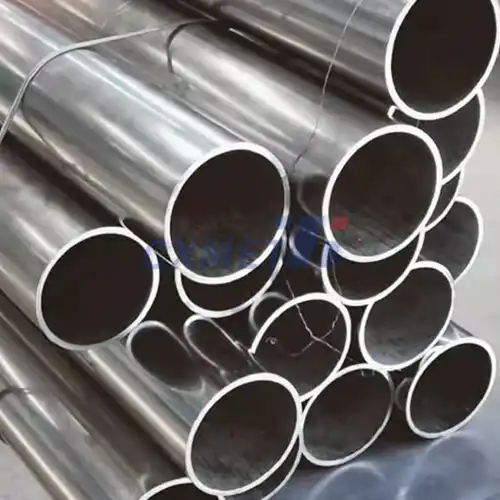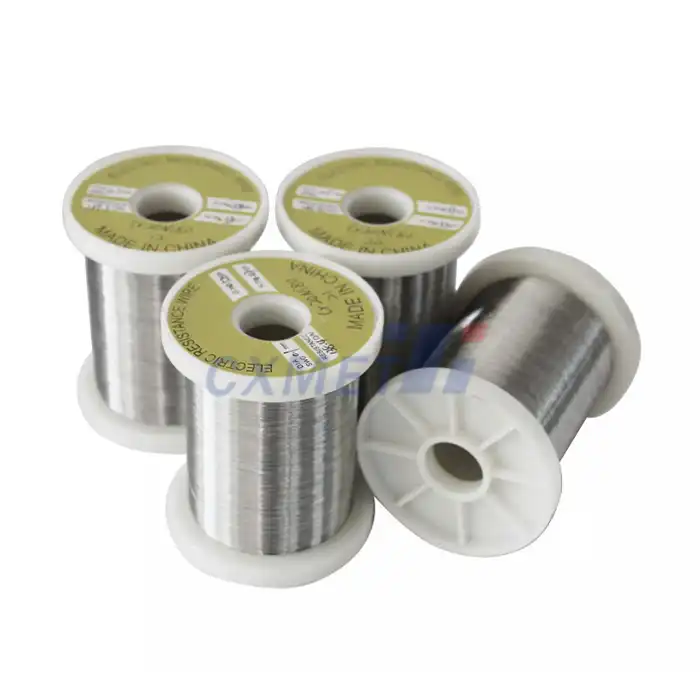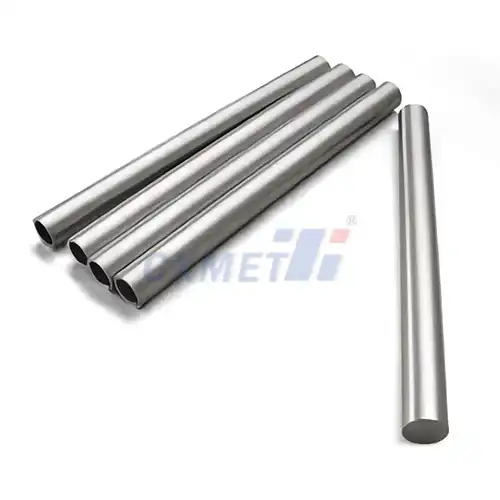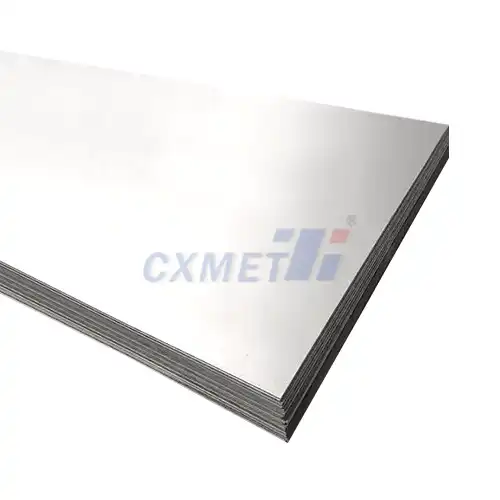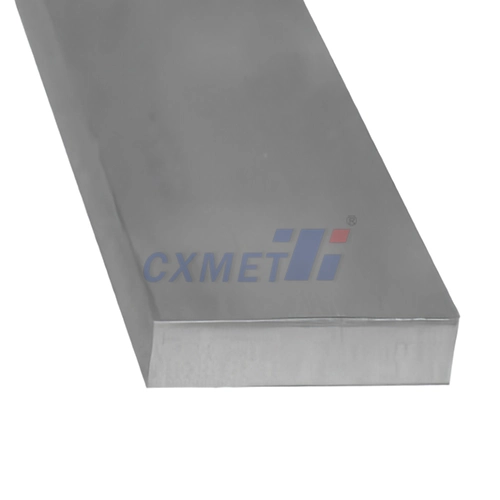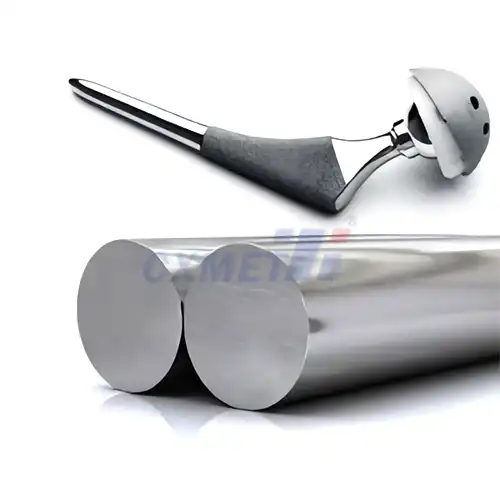- English
- French
- German
- Portuguese
- Spanish
- Russian
- Japanese
- Korean
- Arabic
- Greek
- German
- Turkish
- Italian
- Danish
- Romanian
- Indonesian
- Czech
- Afrikaans
- Swedish
- Polish
- Basque
- Catalan
- Esperanto
- Hindi
- Lao
- Albanian
- Amharic
- Armenian
- Azerbaijani
- Belarusian
- Bengali
- Bosnian
- Bulgarian
- Cebuano
- Chichewa
- Corsican
- Croatian
- Dutch
- Estonian
- Filipino
- Finnish
- Frisian
- Galician
- Georgian
- Gujarati
- Haitian
- Hausa
- Hawaiian
- Hebrew
- Hmong
- Hungarian
- Icelandic
- Igbo
- Javanese
- Kannada
- Kazakh
- Khmer
- Kurdish
- Kyrgyz
- Latin
- Latvian
- Lithuanian
- Luxembou..
- Macedonian
- Malagasy
- Malay
- Malayalam
- Maltese
- Maori
- Marathi
- Mongolian
- Burmese
- Nepali
- Norwegian
- Pashto
- Persian
- Punjabi
- Serbian
- Sesotho
- Sinhala
- Slovak
- Slovenian
- Somali
- Samoan
- Scots Gaelic
- Shona
- Sindhi
- Sundanese
- Swahili
- Tajik
- Tamil
- Telugu
- Thai
- Ukrainian
- Urdu
- Uzbek
- Vietnamese
- Welsh
- Xhosa
- Yiddish
- Yoruba
- Zulu
What Materials are Typically Used to Manufacture Titanium Weld Neck Flanges?
2024-08-08 17:26:35
Titanium Weld Neck Flanges are critical components in various industrial applications, known for their exceptional strength, corrosion resistance, and lightweight properties. These flanges are primarily manufactured using high-grade titanium alloys, which contribute to their superior performance in demanding environments. The choice of materials for Titanium Weld Neck Flanges is crucial, as it directly impacts their durability, functionality, and overall lifespan in different industrial settings.
How are Titanium Weld Neck Flanges manufactured?
The manufacturing process of Titanium Weld Neck Flanges is a complex and precise operation that requires specialized equipment and expertise. The process typically begins with the selection of high-quality titanium alloys, most commonly Grade 2 or Grade 5 (Ti-6Al-4V) titanium. These grades are chosen for their excellent combination of strength, corrosion resistance, and weldability.
The first step in the manufacturing process involves forging the titanium material into a rough flange shape. This is usually done through a hot forging process, where the titanium is heated to temperatures exceeding 1000°C (1832°F) and then shaped using high-pressure hydraulic presses. The forging process helps to improve the material's grain structure, enhancing its strength and durability.
After forging, the flanges undergo a series of machining operations to achieve the desired dimensions and surface finish. Computer Numerical Control (CNC) machines are often used to ensure precision and consistency in the machining process. This step includes facing, boring, and drilling of bolt holes according to specific industry standards such as ASME B16.5 or DIN standards.
One of the most critical aspects of manufacturing Titanium Weld Neck Flanges is the welding neck feature. This requires careful machining to create a tapered bore that matches the pipe's wall thickness, ensuring a smooth transition and reducing stress concentration at the weld joint. The welding neck design allows for full penetration welding, which is essential for maintaining the integrity of the piping system under high pressure and temperature conditions.
Heat treatment is another crucial step in the manufacturing process. Titanium flanges may undergo solution treating and aging processes to optimize their mechanical properties. This heat treatment helps to relieve internal stresses created during forging and machining, and can also enhance the material's strength and corrosion resistance.
Quality control measures are implemented throughout the manufacturing process. This includes dimensional checks, material composition analysis, and non-destructive testing such as ultrasonic testing or radiographic inspection to ensure the absence of defects. The final step often involves surface treatments like passivation to enhance corrosion resistance or applying protective coatings for specific applications.
What are the advantages of using Titanium Weld Neck Flanges?
Titanium Weld Neck Flanges offer numerous advantages that make them a preferred choice in many industrial applications. One of the primary benefits is their exceptional strength-to-weight ratio. Titanium is known for its high strength, comparable to steel, but with only about 60% of steel's density. This characteristic makes Titanium Weld Neck Flanges an ideal choice for applications where weight reduction is crucial, such as in aerospace or offshore industries.
Corrosion resistance is another significant advantage of Titanium Weld Neck Flanges. Titanium forms a stable, continuous, highly adherent, and protective oxide film on its surface when exposed to oxygen. This natural oxide layer provides excellent resistance to various corrosive environments, including seawater, oxidizing acids, chlorine, and chlorine compounds. This property makes titanium flanges particularly suitable for use in chemical processing plants, desalination facilities, and marine applications.
The high temperature resistance of Titanium Weld Neck Flanges is also noteworthy. Titanium alloys maintain their strength and integrity at elevated temperatures, with some grades performing well up to 600°C (1112°F). This characteristic, combined with their low thermal expansion coefficient, makes them suitable for high-temperature applications where dimensional stability is critical.
Titanium's biocompatibility is another advantage that opens up applications in the medical and food processing industries. The material's inertness and resistance to bodily fluids make it safe for use in medical implants and equipment. In food processing, titanium components help maintain product purity and prevent contamination.
The longevity and low maintenance requirements of Titanium Weld Neck Flanges contribute to their cost-effectiveness in the long run. Despite a higher initial cost compared to stainless steel flanges, the extended service life and reduced need for replacement or maintenance can result in significant cost savings over time, especially in challenging environments where other materials might fail prematurely.
Where are Titanium Weld Neck Flanges commonly used in industry?
Titanium Weld Neck Flanges find applications across a wide range of industries due to their unique combination of properties. In the aerospace industry, these flanges are used in aircraft hydraulic systems, fuel systems, and engine components. The lightweight nature of titanium is particularly advantageous in this sector, where every gram of weight reduction translates to fuel savings and increased payload capacity.
The chemical processing industry extensively uses Titanium Weld Neck Flanges in equipment handling corrosive chemicals. They are particularly valuable in chlor-alkali plants, where resistance to chlorine and its compounds is essential. In petrochemical refineries, titanium flanges are used in areas exposed to sour crude oil or hydrogen sulfide, where their corrosion resistance proves invaluable.
In the marine and offshore industry, Titanium Weld Neck Flanges are used in seawater cooling systems, desalination plants, and subsea equipment. Their resistance to saltwater corrosion and marine organisms makes them ideal for these applications. The oil and gas industry also utilizes these flanges in offshore platforms and subsea installations where corrosion resistance and high strength are critical.
The power generation sector, particularly in geothermal and nuclear power plants, employs Titanium Weld Neck Flanges in heat exchangers and cooling systems. Their ability to withstand high temperatures and corrosive environments makes them suitable for these demanding applications.
In the medical field, Titanium Weld Neck Flanges are used in the construction of medical devices and implants. The biocompatibility of titanium ensures that these components do not cause adverse reactions when in contact with human tissue or fluids.
The pulp and paper industry uses these flanges in bleaching equipment and other areas where resistance to chlorine-based chemicals is necessary. Similarly, in the textile industry, titanium components are used in dyeing and finishing processes where corrosion resistance is crucial.
In conclusion, Titanium Weld Neck Flanges are versatile components manufactured from high-grade titanium alloys through a complex process involving forging, machining, and heat treatment. Their unique combination of strength, corrosion resistance, and lightweight properties makes them invaluable in various industries, from aerospace to chemical processing. While they may have a higher initial cost, their long-term performance and durability often justify the investment, especially in challenging environments where other materials might fail. As industries continue to push the boundaries of performance and efficiency, the role of Titanium Weld Neck Flanges is likely to grow, driven by their exceptional material properties and reliability in critical applications.
At SHAANXI CXMET TECHNOLOGY CO., LTD, we take pride in our extensive product range, which caters to diverse customer needs. Our company is equipped with outstanding production and processing capabilities, ensuring the high quality and precision of our products. We are committed to innovation and continuously strive to develop new products, keeping us at the forefront of our industry. With leading technological development capabilities, we are able to adapt and evolve in a rapidly changing market. Furthermore, we offer customized solutions to meet the specific requirements of our clients. If you are interested in our products or wish to learn more about the intricate details of our offerings, please do not hesitate to contact us at sales@cxmet.com. Our team is always ready to assist you.
References:
1. ASTM International. (2021). "Standard Specification for Titanium and Titanium Alloy Forgings."
2. ASM International. (2015). "Titanium: A Technical Guide."
3. Titanium Engineers. (2022). "Titanium Flanges: Properties and Applications."
4. Journal of Materials Processing Technology. (2019). "Advances in Titanium Alloy Processing for Aerospace Applications."
5. Corrosion Science. (2020). "Corrosion Behavior of Titanium Alloys in Industrial Environments."
6. International Journal of Pressure Vessels and Piping. (2018). "Design and Analysis of Weld Neck Flanges for High-Pressure Applications."
7. Materials Science and Engineering: A. (2021). "Heat Treatment Effects on Mechanical Properties of Ti-6Al-4V Alloy."
8. Offshore Technology Conference Proceedings. (2020). "Use of Titanium in Subsea Equipment: Challenges and Opportunities."
9. Chemical Engineering Journal. (2019). "Material Selection for Corrosive Environments in Chemical Processing Industries."
10. American Welding Society. (2022). "Welding of Titanium and Titanium Alloys."
